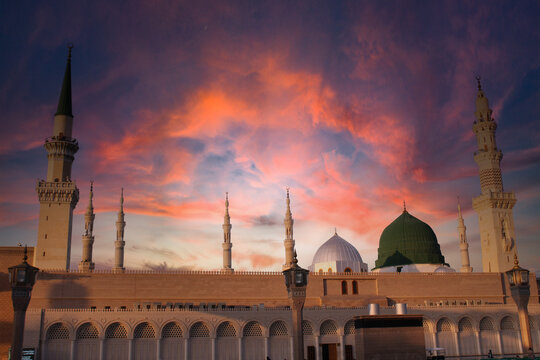
Medinah Munavvara First






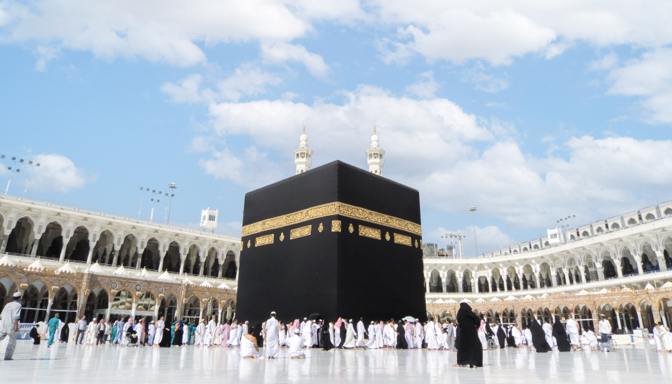
Makkah Mukarrama First






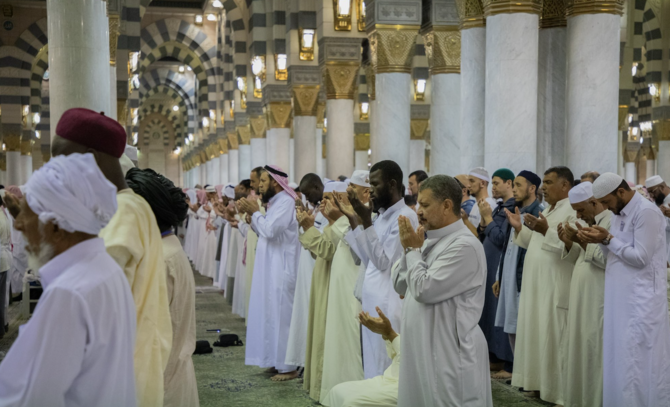
Madinah Munawwarah First (5 Days Qiyam Layl At Makkah)






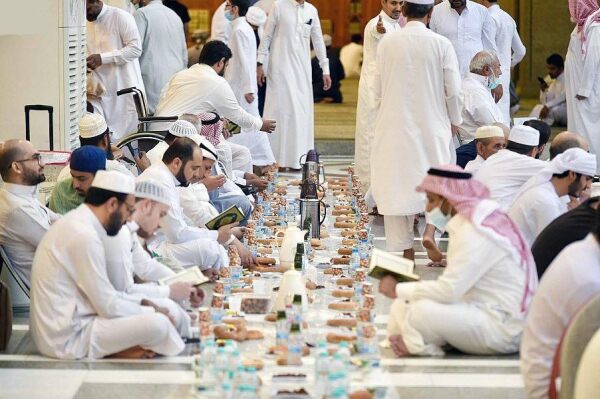
Makkah Mukarramah First (EID Prayer at Makkah)






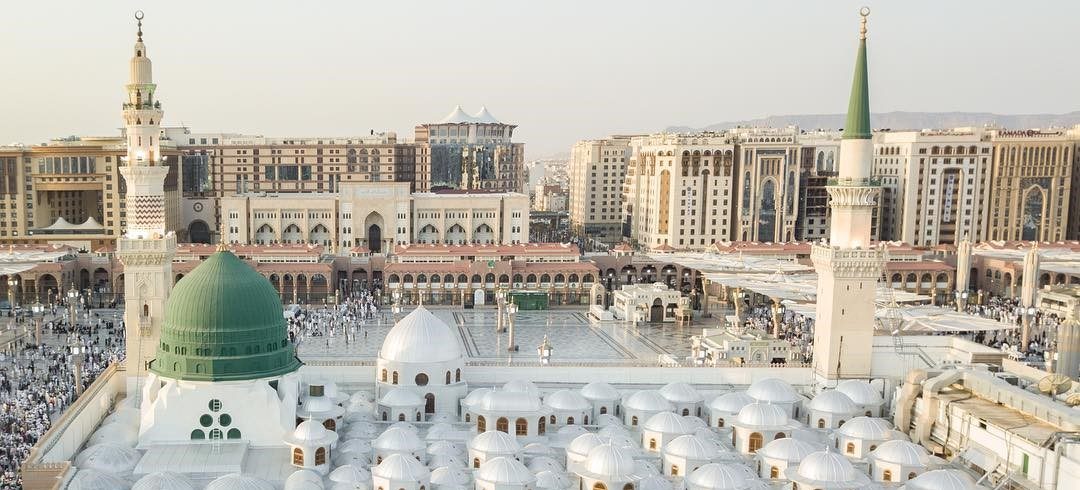
Madinah Munawwarah First







Madinah Munawwara First
✈️ TURKISH AIRLINES
🛫: EWR-IST-MED
🛬: JED-IST-JFK
🗓️: 18 – 31 August 2024
🛌🏻: 13 Nights, 4 N Istanbul, 3 N Madinah, 6 N Makkah
👨👩👦👦 Group Capacity : 45
📅 Last Day to Register: 17th July 2024
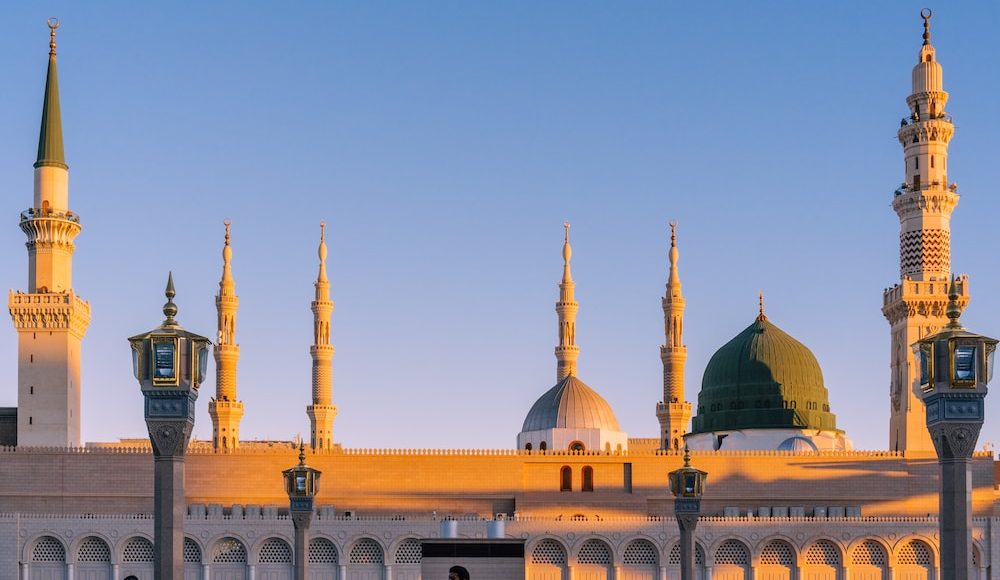
Madinah Munavvara First






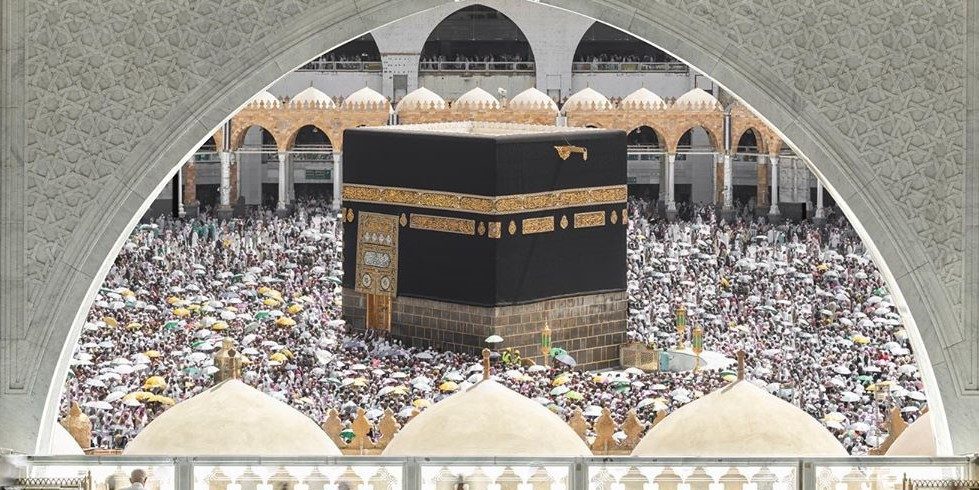
Madinah Munawwarah First






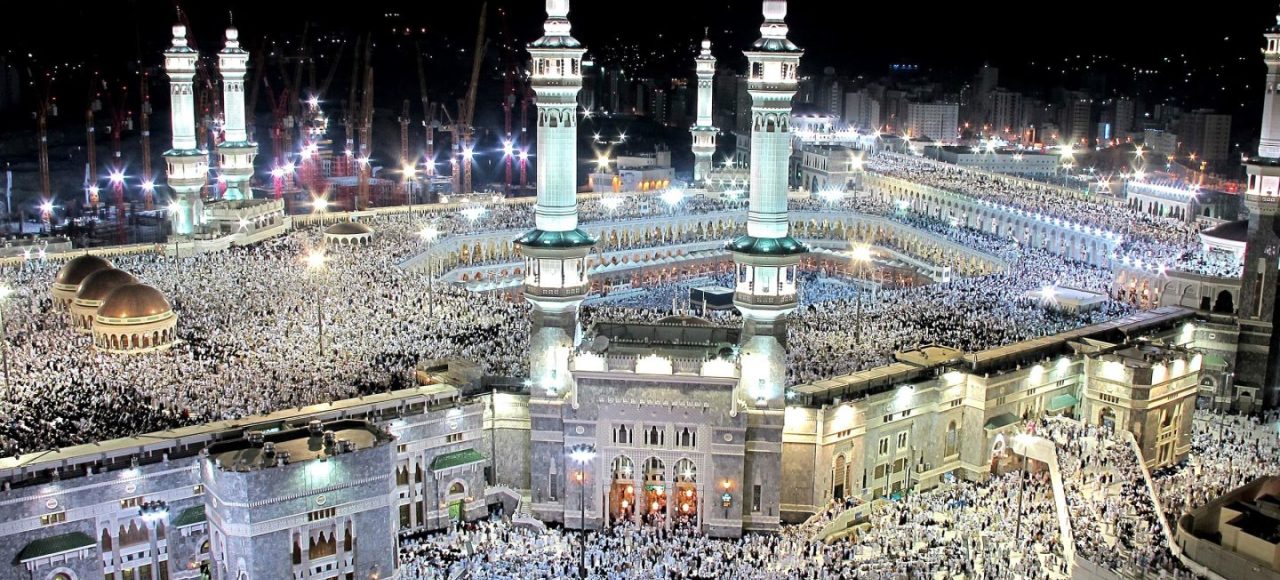
Madinah Munawwara First
✈️ Saudi Airlines Direct Flight
🛫: IAD-JED
🛬: JED-IAD
🗓️: 22 DEC- 02 JAN
🛌🏻: 9 Nights, 6 Mecca, 3 Madinah
👨👩👦👦 Group Capacity : 45
📅 Registration Due Date 👇🏻
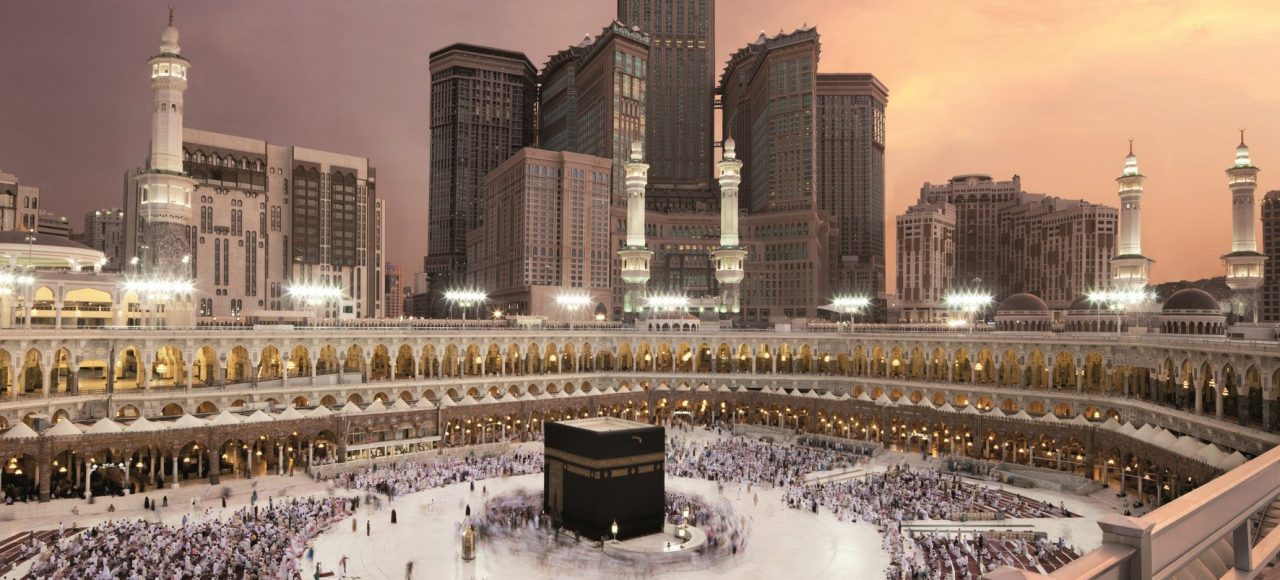
Makkah Mukarrama First






Start From
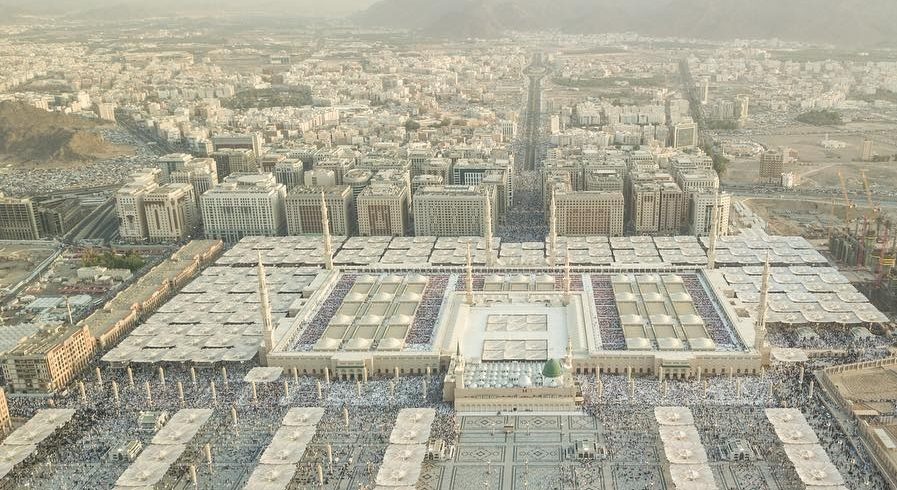
Medinah Munavvara First
✈️ Saudi Airlines
🛫: LAX-JED
🛬: MED-LAX
🗓️: 30 Dec-08 Jan
🛌🏻: 9 Nights, 6 Mecca, 3 Madinah
👨👩👦👦 Remaining Seat : 4
📅 Registration Due Date 👇🏻
Start From

Medinah Munavvara First






